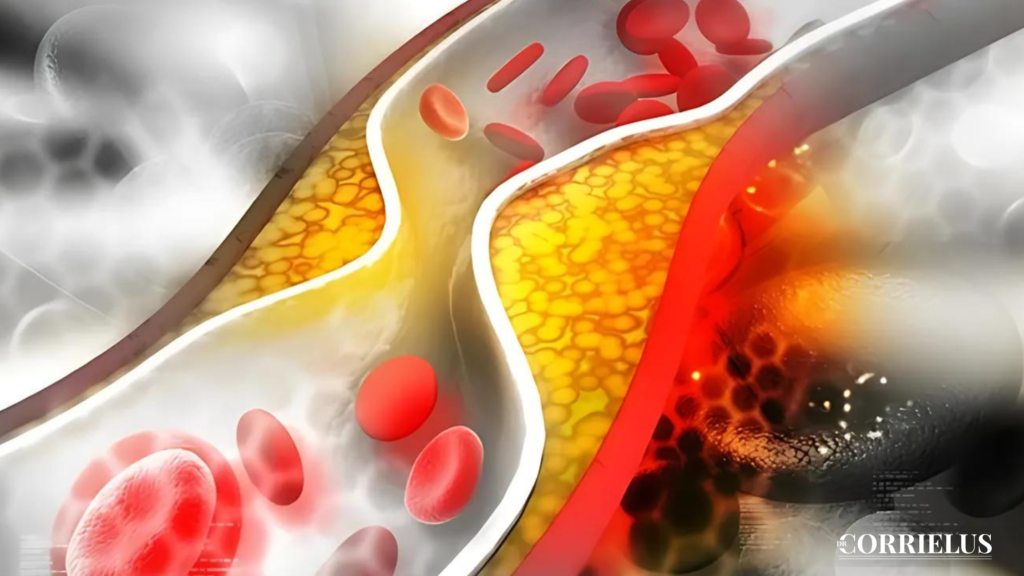This blog highlights the significance of biomarkers in diagnosing congestive heart failure (CHF) and understanding its various stages. It explains how biomarkers like BNP and NT-proBNP aid in early detection and monitoring of the condition. Readers will learn about the common symptoms of CHF, the different stages that indicate severity, and the range of treatment options available. By providing a comprehensive overview, the blog aims to enhance awareness of CHF and promote proactive management of heart health.
Overview
Congestive heart failure (CHF) is a serious condition that affects many people. It happens when the heart cannot pump enough blood to meet the body’s needs. Understanding the role of biomarkers in diagnosing CHF is essential for better treatment and care. In this article, we will discuss what biomarkers are, how they help in diagnosing congestive heart failure, and the symptoms and stages of this condition.
What Are Biomarkers?
Biomarkers are substances in the body that can be measured to show how healthy someone is. They can be found in blood, urine, or other tissues. Doctors use biomarkers to help diagnose diseases, including congestive heart failure.
Importance of Biomarkers
- Early Detection: Biomarkers can help find heart failure early.
- Monitoring Progress: They help track how well a treatment is working.
- Guiding Treatment: Doctors can decide on the best treatment based on biomarker levels.
- Predicting Outcomes: Biomarkers can give clues about how a patient might do in the future.
- Personalized Care: They help tailor treatment to the individual’s needs.
Congestive Heart Failure Diagnosis
Diagnosing congestive heart failure involves looking at the patient’s symptoms and using various tests. Biomarkers play a key role in this process.
Key Biomarkers for CHF Diagnosis
- BNP (B-type Natriuretic Peptide): High levels can indicate heart failure.
- NT-proBNP: Similar to BNP, it helps in diagnosing and assessing the severity of CHF.
- Troponin: This protein can show if there has been damage to the heart.
- Creatinine: High levels may indicate kidney problems related to heart failure.
- Electrolytes: Imbalances can affect heart function and may indicate CHF.
Using these biomarkers, doctors can better understand a patient’s condition and confirm a congestive heart failure diagnosis.
Congestive Heart Failure Symptoms
Knowing the symptoms of congestive heart failure is vital. Early recognition can lead to timely treatment. Here are common congestive heart failure symptoms:
- Shortness of Breath: Often occurs during activity or while lying down.
- Fatigue: Feeling tired or weak, even after resting.
- Swelling: Fluid buildup in the legs, ankles, or abdomen.
- Rapid or Irregular Heartbeat: The heart may feel like it is racing.
- Coughing or Wheezing: This can be worse at night or when lying down.
Recognizing these symptoms is important for seeking help and getting a proper diagnosis.
Stages of Congestive Heart Failure
Congestive heart failure is not the same for everyone. It has different stages that show how severe the condition is. Understanding these stages helps in the management and treatment of heart failure.
The Four Stages of Congestive Heart Failure
Stage A: At risk for heart failure but no symptoms. May have high blood pressure or diabetes.
Stage B: Structural heart disease is present but no symptoms yet. Patients may have a history of heart issues.
Stage C: Symptoms of heart failure are present. Patients may experience fatigue, shortness of breath, and swelling.
Stage D: Severe symptoms that limit daily activities. May require advanced treatments or hospitalization.
Knowing the stage of congestive heart failure helps doctors decide on the best treatment plan.
Congestive Heart Failure Treatment
Treatment for congestive heart failure aims to improve quality of life and manage symptoms. Biomarkers also help guide these treatment decisions.
Common Congestive Heart Failure Treatments
Medications:
- Diuretics to reduce fluid buildup.
- ACE inhibitors to relax blood vessels.
- Beta-blockers to slow the heart rate.
Lifestyle Changes:
- Eating a heart-healthy diet.
- Regular physical activity as advised by a doctor.
- Quitting smoking and limiting alcohol.
Monitoring Symptoms:
- Keeping track of weight changes.
- Recognizing worsening symptoms early.
Device Therapy:
- Implantable devices that help the heart pump better.
- Pacemakers to regulate heartbeat.
Surgery:
In some cases, surgery may be needed to repair or replace heart valves.
By understanding the role of biomarkers, doctors can make informed decisions about congestive heart failure treatment.
A word from the doctor —
Biomarkers play a crucial role in diagnosing congestive heart failure and understanding its stages. They help in early detection, monitoring treatment, and personalizing care for patients. Recognizing the symptoms and stages of congestive heart failure is vital for getting the right treatment. With the right approach, many people can manage their condition and live healthier lives. If you or someone you know is experiencing symptoms, it’s important to seek medical advice for proper evaluation and treatment.
Schedule a consultation with Dr. Sanul Corrielus right away if you have questions about your heart health!



